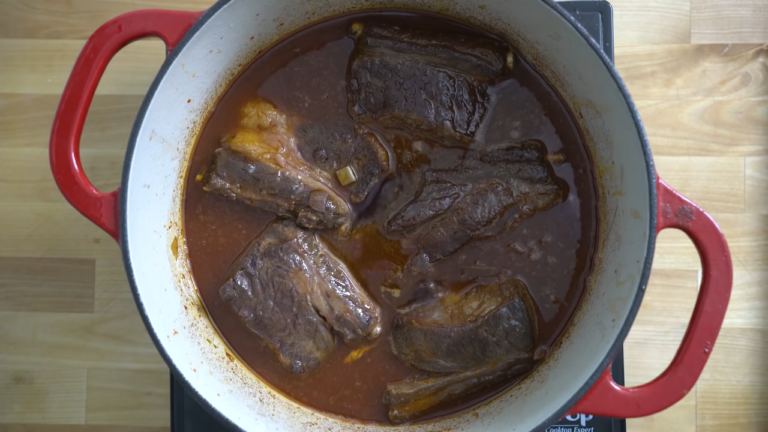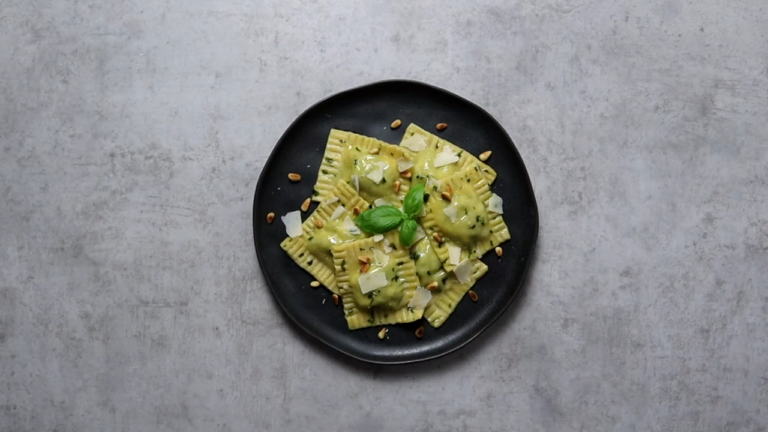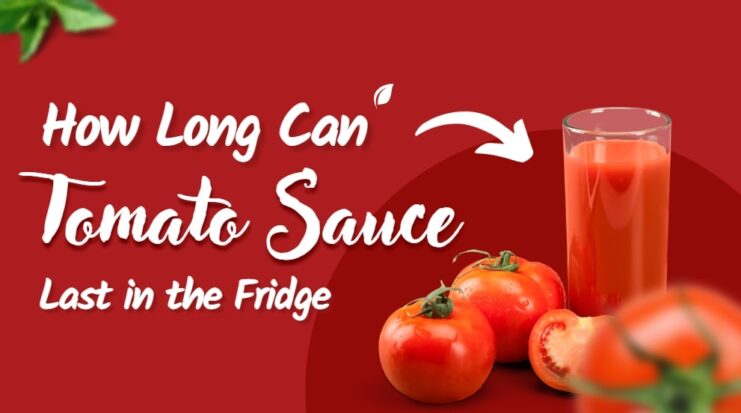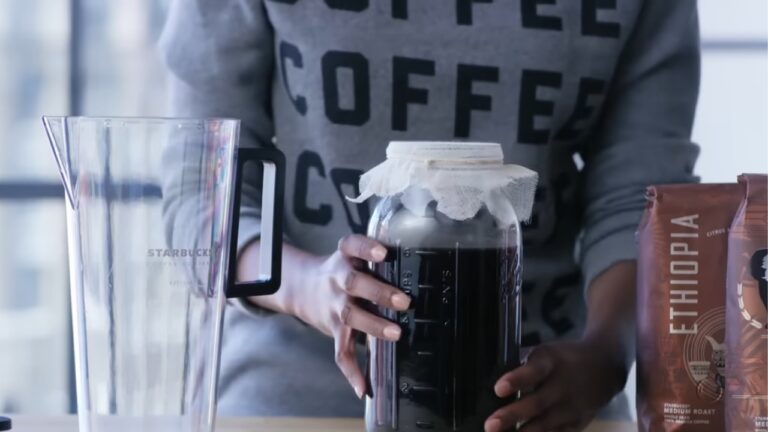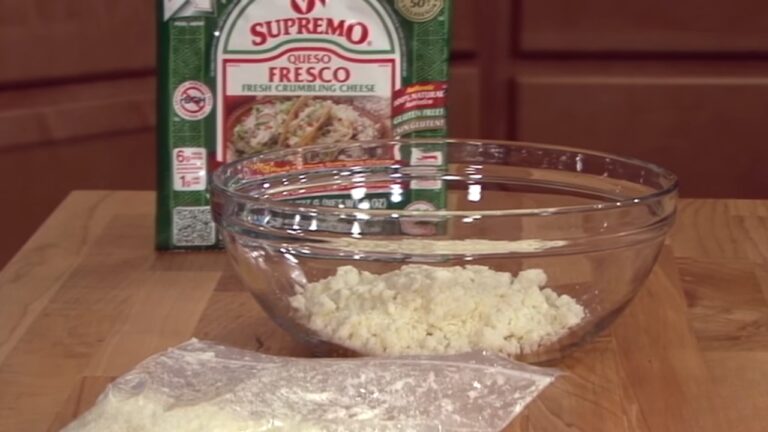Tomato sauce is a versatile ingredient used in many dishes such as pasta, pizza, and stews. It’s no surprise that many people like to make large batches of tomato sauce and store it in the fridge for future use.
It’s important to know how long tomato sauce can last in the fridge to ensure that it’s still safe to eat and tasty enough.
With that in mind, being aware of some tips for storing the tomato sauce in the fridge is an absolute must. I’ll show you some of them.
How to Store it Properly?
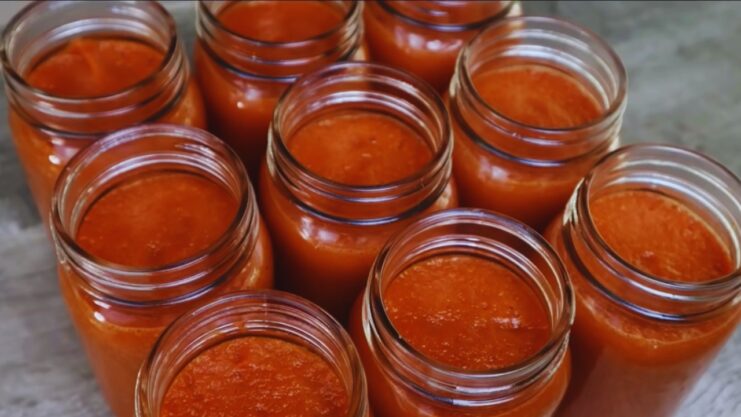
Storing tomato sauce in the fridge is an excellent way to preserve its freshness and extend its usability. When properly refrigerated, the shelf life of tomato sauce can be significantly prolonged, allowing it to remain fresh for up to 4 weeks.
However, ensuring that the sauce maintains its quality during this time requires adherence to some important guidelines.
Here’s how to do it:
| Step | Action | Benefit |
|---|---|---|
| Airtight Container | Store in glass jars with lids. | Reduces oxidation and spoilage. |
| Cool Before Refrigerating | Cool to room temperature. | Keeps fridge temp stable. |
| Portion the Sauce | Divide into smaller containers. | Minimizes reheating and reduces contamination risk. |
| Label the Containers | Mark with storage date. | Ensures use within freshness period. |
Refrigeration
For optimum quality and safety, it is recommended to store tomato sauce in the refrigerator. It can last for up to a week, but the longer it sits, the more intense the flavor becomes, so be sure to sniff it before you use it.
The store-opened tomato sauce in an airtight container and keep it away from direct sunlight in order to preserve its freshness and flavor for as long as possible.
It’s also important to keep your refrigerator at a consistent temperature of 40°F (or 4°C). Any fluctuations can cause bacteria growth and make it spoil faster.
Storing freshly made ravioli in an airtight container in the refrigerator helps preserve its texture and flavor. Proper storage can extend the shelf life of ravioli for several days, ensuring it remains enjoyable and delicious.
Freezing
For extended storage, you might want to consider freezing it. Freezing it can increase its shelf life and make it last much longer—up to 2 months in some cases.
To freeze tomato sauce, let it cool completely before transferring it to an airtight container or a heavy-duty freezer bag.
If you’re also storing brewed coffee for future use, ensure it cools to room temperature before transferring it to an airtight container or vacuum-sealed bag to maintain its flavor.
Once sealed, label the package with the date and freeze it for up to 2 months.
Once you’re ready to use it, thaw the tomato sauce in the refrigerator overnight or place it in warm water until thawed.
When reheating it, be sure to heat it thoroughly before serving as freezing does not kill any bacteria that may be present.
Shelf Life
When it comes to shelf life, the length of time it can last in the fridge varies depending on the type, ingredients, and how it was stored.
Considering the wide variety of tomato sauces, this discussion will focus on the shelf life made with both fresh and canned tomatoes.
If you’re looking at hot sauce like Tapatio, its shelf life can also be influenced by similar factors such as storage conditions and whether the bottle has been opened or not.
One of the factors you should focus on is whether the can is opened or unopened.
Unopened
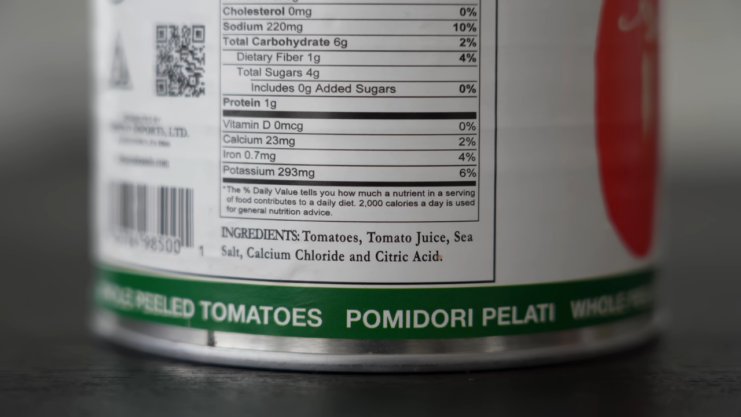
When stored properly in a sealed, unopened container such as a jar or can, it can last up to six months in the refrigerator.
If you want to make sure you get the maximum shelf life possible, it is best to transfer opened tomato sauce into an airtight container and store it in the refrigerator for up to three weeks.
It is important to remember that storing opened one for longer than three weeks may cause it to lose its freshness and flavor.
Botulism risks associated with unrefrigerated tomato sauces can increase rapidly due to bacterial growth over time.
Keep in mind that although this method of storage may extend shelf life significantly, it will become less effective over time and using expired products should be avoided at all costs.
Opened
Once your jar has been opened, it should ideally be used within five to seven days.
To make sure you’re able to enjoy your container of tomato sauce for the longest possible time, keep the bottle sealed and use a spoon when taking out a portion of the product.
Avoid tasting straight from the container as this compromises its shelf life by introducing saliva that can cause bacteria growth.
You should also store it in a cool and dry place instead of directly under strong sunlight or near heat-generating appliances such as ovens or microwaves. Refrigeration is highly encouraged once opened for a longer shelf life.
The Bottom Line
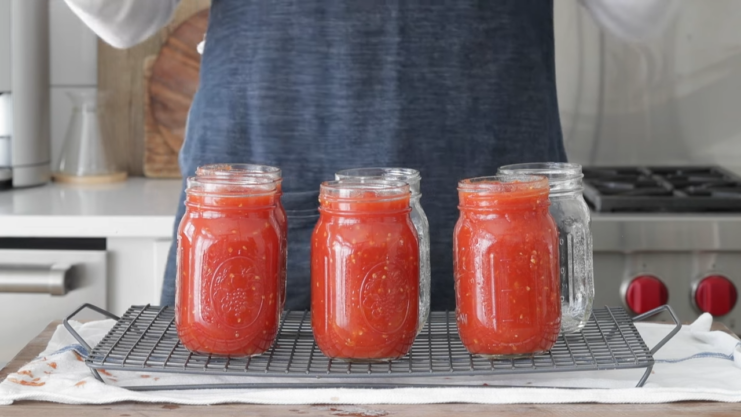
It is important to be mindful of the shelf life of tomato sauce in the fridge to avoid any potential health risks.
It is best to consume tomato sauce within 3-5 days of refrigeration and to store it properly in a sealed container.
The shelf life varies depending on whether it is homemade or store-bought, and also depends on how it is stored in the fridge.




